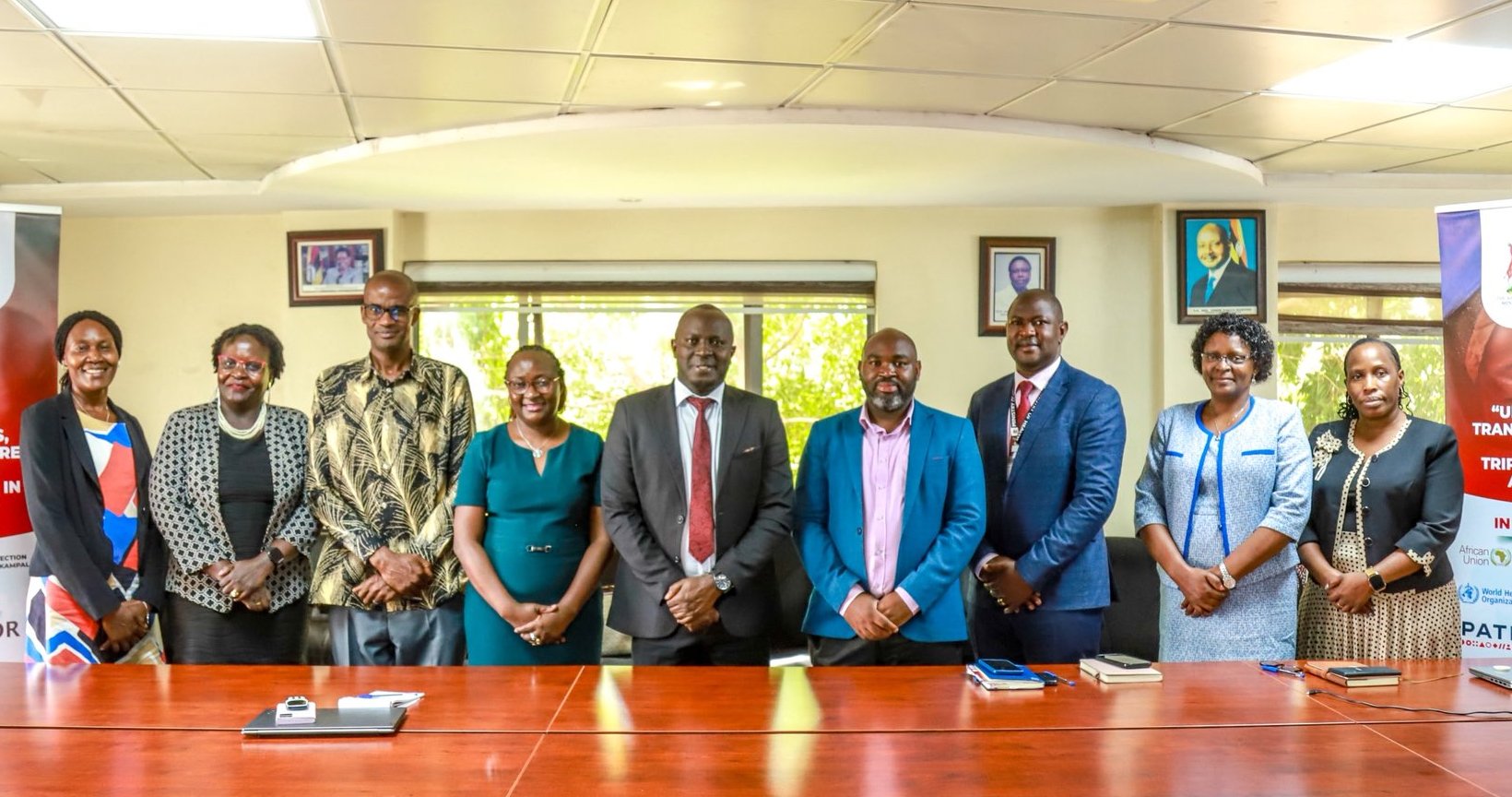Ministry of Health equips journalists ahead of landmark ‘triple elimination’ conference
By equipping journalists with accurate and comprehensive information, the Ministry aims to foster informed public discourse, encourage community participation in prevention and treatment programs, and ultimately, accelerate progress towards a future free from these preventable diseases.

In a proactive move to amplify public awareness and garner media support, the Ministry of Health has conducted a crucial media orientation session ahead of the highly anticipated Triple Elimination Conference, scheduled for July 21-23, 2025.
The briefing aimed to equip journalists with comprehensive information about the conference’s objectives and the three formidable public health challenges it seeks to address: HIV, Hepatitis B, and Syphilis, with a particular focus on their elimination through mother-to-child transmission (MTCT).
The upcoming conference is poised to be a pivotal event, focusing on building a stronger future response to these diseases. Key areas of discussion will include data-driven strategies, securing sustainable funding, fostering innovation in diagnostics and care, and solidifying political commitment, particularly towards the ambitious global target of eliminating Hepatitis as a public health threat by 2030.
Dr. Turyahabwe Stavia emphasized the broader impact of the initiative, stating, “The Triple Elimination Conference is part of efforts to create awareness about Hepatitis, what it is, how it spreads, and how it can be prevented or treated, and also encourage early testing, vaccination, and treatment.” This highlights the comprehensive approach required to tackle these health issues effectively.
A cornerstone of the conference’s agenda is the “Triple Elimination” initiative itself – a concerted global and national effort to prevent the mother-to-child transmission of three devastating diseases: HIV, Syphilis, and Hepatitis B.
Significant strides have already been made in reducing Mother-to-Child Transmission (MTCT) rates for Hepatitis B. Dr. Ronnie Bahatungire highlighted the success of strategic interventions, noting, “With the National Prevention & Vaccination (NPV) Strategy, including antiviral prophylaxis for pregnant women and infant vaccination, mother-to-child transmission rates [of Hepatitis B] have been significantly reduced.” Despite this progress, the prevalence of Hepatitis B remains a concern, with the 2019 UPHIA report indicating a 4.1% prevalence among adults.
On the front of HIV prevention, Dr. Robert Mutumba, Assistant Commissioner for the AIDS Control Program, shared encouraging statistics: “We have witnessed a 76% reduction in HIV infections from 2010 to 2024.” However, he also pointed out a critical area for continued focus: “61% of HIV transmissions occurred during the breastfeeding period,” underscoring the need for sustained support and interventions post-delivery to protect infants.
While specific data on Syphilis was not detailed during the briefing, its inclusion in the Triple Elimination framework underscores its ongoing threat to maternal and child health, necessitating robust screening, treatment, and prevention efforts parallel to those for HIV and Hepatitis B.
The Ministry of Health’s proactive engagement with the media signals a strong commitment to transparent communication and stakeholder mobilization.
By equipping journalists with accurate and comprehensive information, the Ministry aims to foster informed public discourse, encourage community participation in prevention and treatment programs, and ultimately, accelerate progress towards a future free from these preventable diseases.
The Triple Elimination Conference in 2025 promises to be a landmark event, charting the course for a healthier generation.







